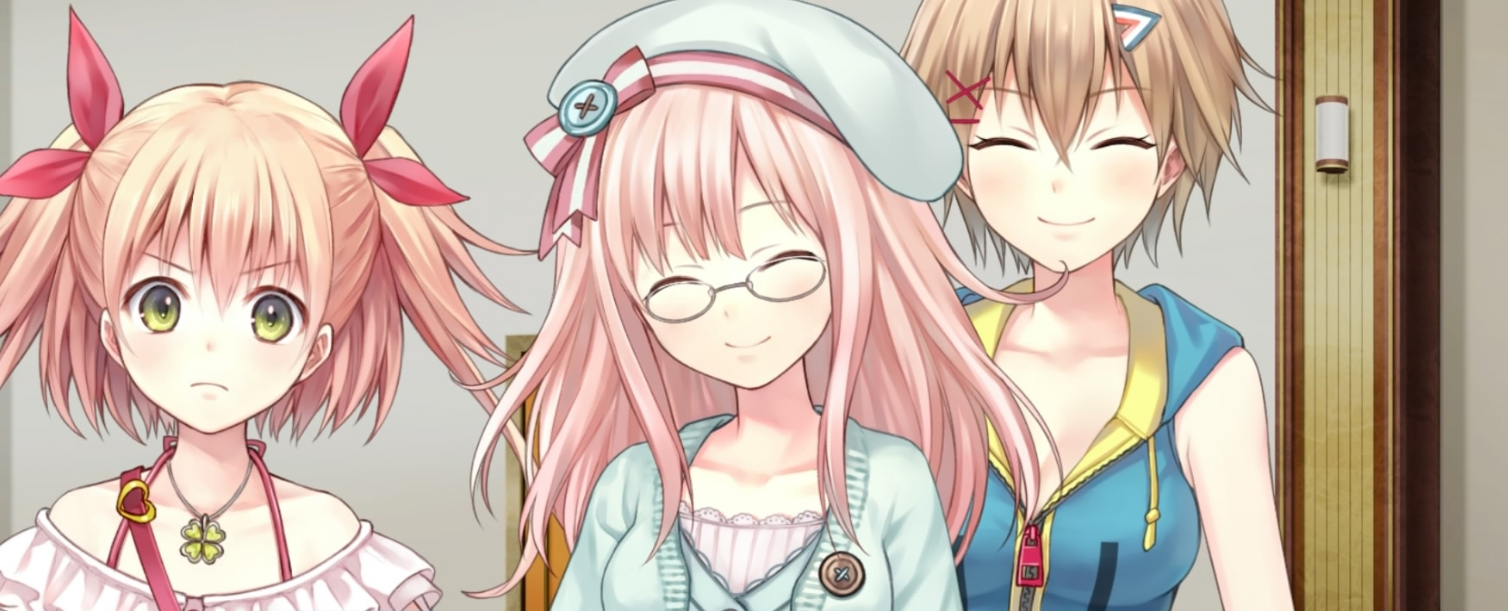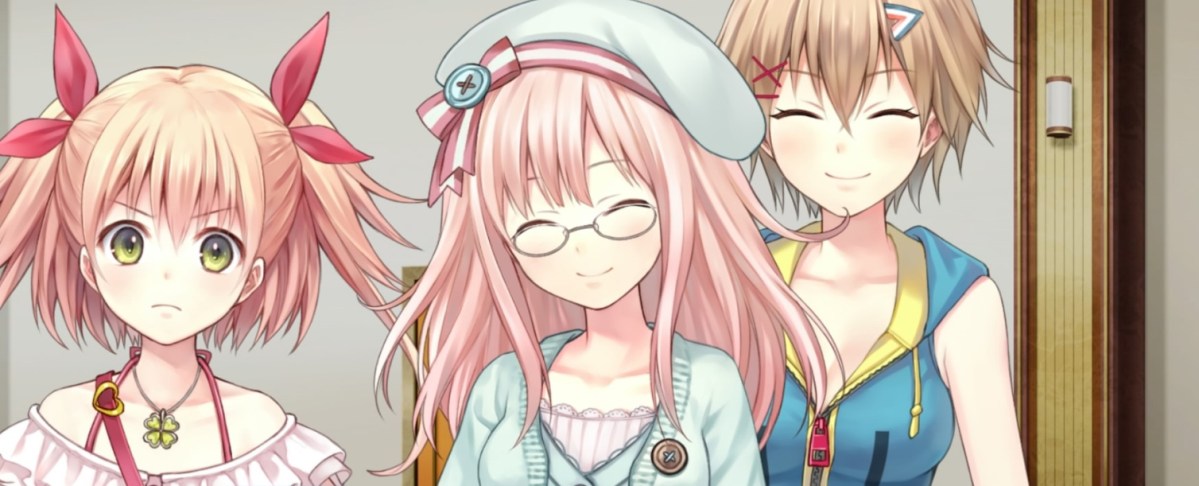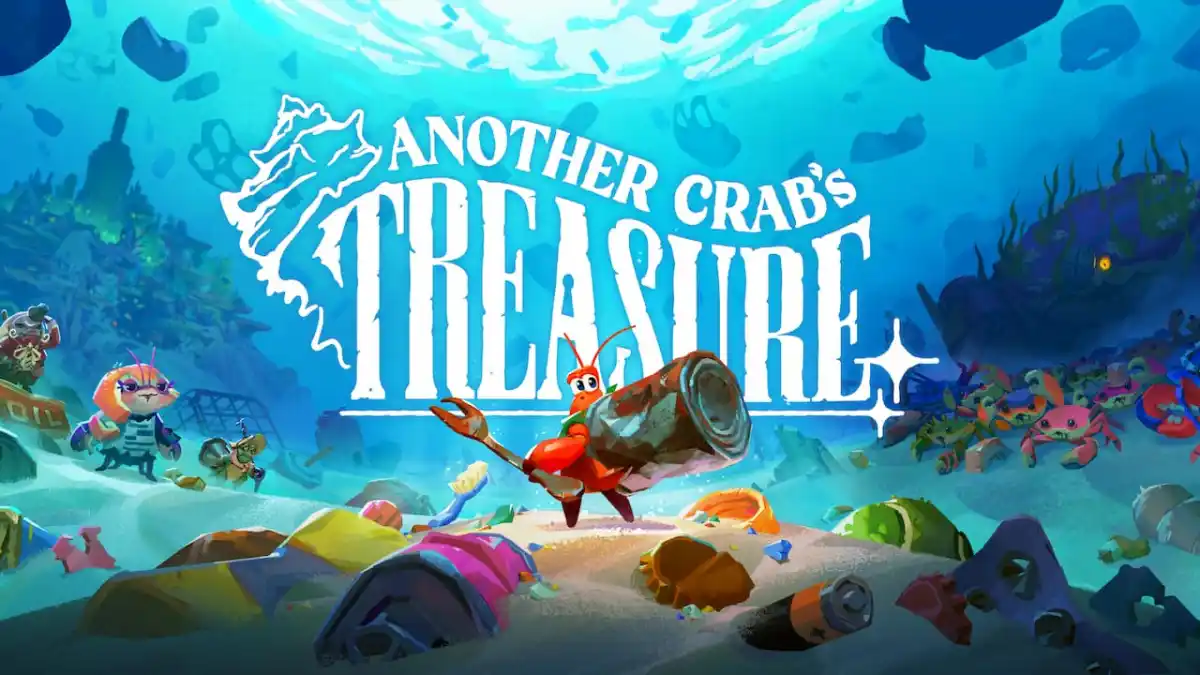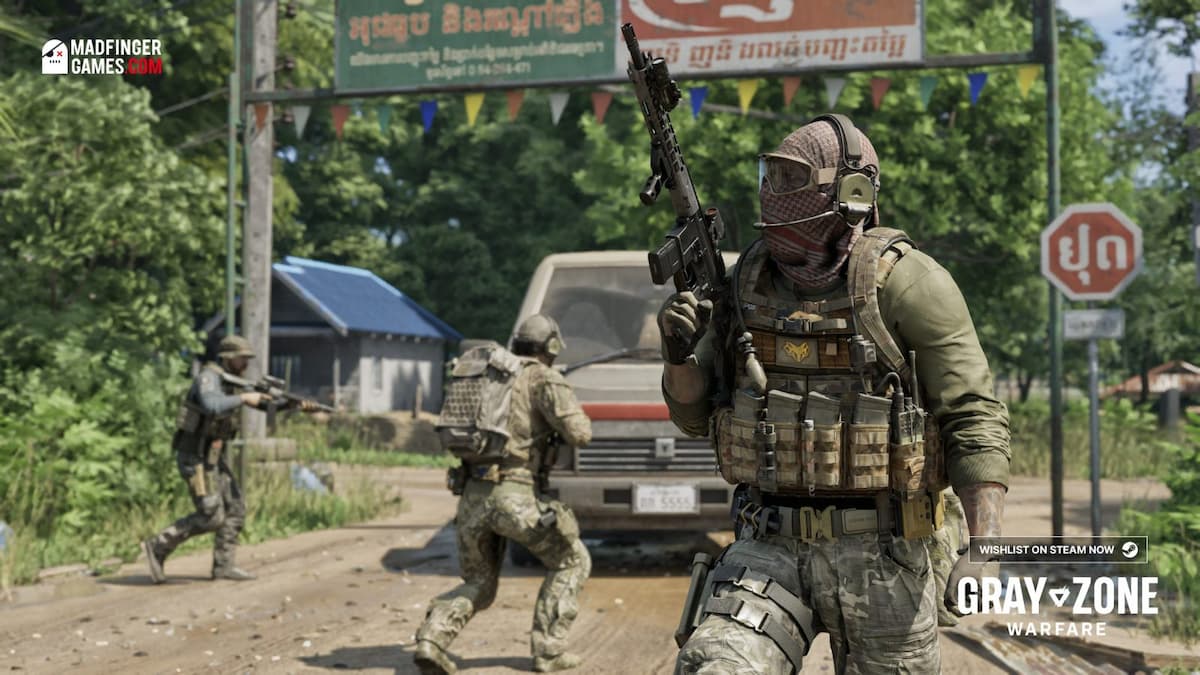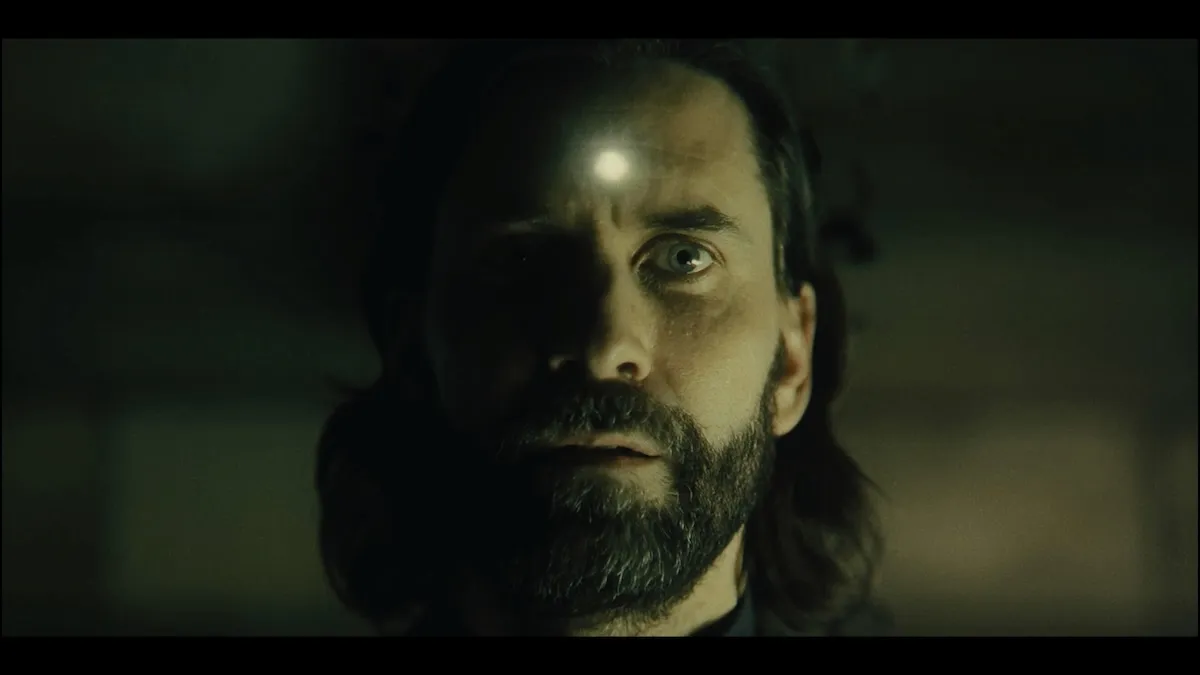Same old song and dance routine
Omega Quintet is a game of firsts. Chronologically, it’s the PlayStation 4’s first exclusive Japanese RPG (Final Fantasy Type-0 originally being a PSP game). It’s also developer Compile Heart’s first PS4 game, and by certain logic, the first JRPG to plumb Japan’s idol subculture.
If only being such a pioneer had resulted in a game that actually put its best foot forward.

Omega Quintet (PS4)
Developer: Compile Heart
Publisher: Idea Factory (JP), Idea Factory International (US/EU)
Released: October 2, 2014 (JP) / April 28, 2015 (US) / May 1, 2015 (EU)
MSRP: $59.99
Speaking of other “firsts,” playing Omega Quintet brings to mind the very first Hyperdimension Neptunia title. That’s not a good sign, seeing as the original game literally put Matt Razak to sleep back in 2011. Indeed, despite being, on paper, one of the most feature-rich titles Compile Heart has produced, the experience of playing Omega Quintet feels decidedly regressive, a far cry from the comparative refinement that the Neptunia franchise has managed to cultivate over the years.
Perhaps some of that disconnect is cultural. Whereas the Neptunia series’ light parody of the game industry and its never-ending platform wars will be familiar to most gamers, idol culture — which informs much of Omega Quintet’s setup — is largely absent outside of Japan. Many of its references to the peculiarities of pop-princess life fall flat for lack of that common ground.

On the other hand, not even Neptunia could be considered especially sophisticated in its satire. Anyone familiar with that series would know that the premises, however niche or inventive, really serve as a framework on which to drape a proven mix of cute girls, complex battle systems, anime-tinged humor, and sexualization. Omega Quintet is in much the same way, and its paeans to the life of celebrities are ultimately skin-deep. Except even by those lowered standards and tempered expectations, the game still comes across as lazy and half-hearted, without the charm or spark that helped its cousins rise above their otherwise mundane core.
Omega Quintet at least sounds interesting at first. Its future-set, ostensibly apocalyptic setting is cutely subverted by the fact that the Blare, an existence pushing humanity to the brink of extinction, can only be stopped by the Verse Maidens, a troupe of magical girl idols who sing and fight with giant weapons called “Mics”. The Verse Maidens are powered by the adoration of the people, which necessitates their fights being broadcast live like a concert. Sadly, the last active Verse Maiden, Momoka, is retiring, because she’s apparently much older than she looks. Enter Otoha, a fresh-faced youngster, and her male friend/player stand-in Takt, as the newest Verse Maiden recruit and the team manager, respectively. As more new Verse Maidens join to take up the reins, various anime-flavored antics ensue alongside goodly amounts of suggestive posing, relationship-building, wacky conversations, and of course, saving the world.

The catch, unfortunately, is that all this cutsey waifu fun has to be experienced from the perspective of Takt, one of the least likable male leads ever to be inflicted on videogames. It’s as if whomever wrote his lines mistook being a total prick for an aloof kind of coolness. Every word from his mouth is marinated in pointless sarcasm and brain-dead snark that it makes the event scenes — which already run far too long and stretch their one-note jokes to the breaking point as it is — a grating exercise in tedium. If he can’t even be bothered to care what’s going on, why should we?
The game can’t even be bothered to fully incorporate its premise into the main structure. Omega Quintet comes with a surprisingly robust “PVS” mode, which allows players to essentially construct dance and concert videos from the game’s (rather small) collection of idol songs, complete with video recording and upload functions, but there’s rarely any point or main-game benefit to engaging it. Ironically, despite the fact that this game is supposed to be Compile Heart’s “idol RPG,” Neptunia Producing Perfection, which is more of an actual idol-centric game than this could hope to be, came out last year.
If there is a group that could look forward to enjoying Omega Quintet, it’s the crowd that comes to JRPGs not for narrative or anime antics, but for abstract and engaging battle systems. Omega Quintet‘s is enjoyably complex and interesting to master. Where the trend in RPG battle has moved away from menus and into quasi-action game territory, Omega Quintet is all too happy to throw players into a sea of menu selections and gauge-driven turn-based combat.
At its core, the game’s battling relies on using attacks of varying effectiveness, range, and recovery time to manipulate the turn order. Stacking commands and attacks so that the Verse Maidens all take their turns in quick succession unlocks powerful Harmonics attacks, and building “Voltage” (a gauge representing the audience’s fervor) eventually results in engaging the cinematic “Live Concert” mode, a sort of super attack that involves big damage, over-the-top animation, and background lyrics. Throw in Takt’s ability to partner up with the Verse Maidens to deliver follow-ups or stat boosts, as well as score-boosting Overkill systems, a Sphere-Grid-like character progression system, and even item and gear crafting, and there’s plenty of mechanical fat to chew on. If only the context and characters surrounding this part of the game were more worthwhile.

Though there’s nothing explicitly wrong with it, Omega Quintet feels far too much like a “by-the-numbers” Compile Heart title to do justice to the studio’s first current-gen effort. Its narrative and aesthetic “fluff” ultimately fail to support its dense and otherwise engrossing mechanical heart. For a game about a bunch of girls finding their voices and path in the world, it has distressingly little “voice” of its own.
[This review is based on a retail build of the game provided by the publisher.]
